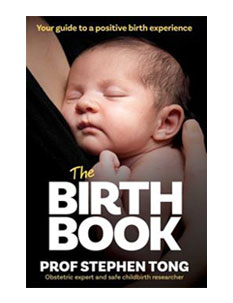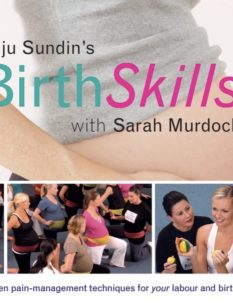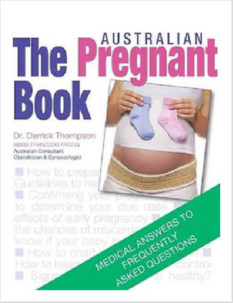Patient and Pregnancy
Information
While pregnancy is a journey unique to every woman, most mothers-to-be share similar questions and concerns. It’s completely natural to worry about your baby and your body. A/Prof Fiona Brownfoot, a private obstetrician at the Epworth Freemasons Hospital in East Melbourne, has compiled some of the most common pregnancy questions, pregnancy symptoms and pregnancy resources for you to make the journey that little bit easier.
Very common questions and answers
What is my due date?
Your due date is generally 40 weeks from the first day of bleeding from your last menstrual period. Sometimes your due date will change after you have an ultrasound as it can be more accurate. We have an excellent due date calculator at CLICK HERE.
What vitamins should I be on?
Folate and iodine are important vitamins for the healthy development of the baby’s brain and nervous system. We recommend taking 500mcg of folate and 150mcg of iodine for 3 months before you become pregnant and continuing these until 12 weeks and throughout your pregnancy respectively. You may need extra supplements such as iron, vitamin D or calcium and Fiona will advise you about this at your appointment. Find out more HERE.
What exercise can I do?
It is really important to stay healthy during your pregnancy and exercising is generally encouraged. Low impact, non-contact exercise is generally safe to continue in pregnancy. High impact exercise or extreme exercise however should be avoided. There are antenatal exercise classes that patients enjoy such as ‘Preggy Bellies’. If your pregnancy is complicated Fiona may advise that you stop exercising. To find out more HERE
Can I fly on plane?
Yes, flying is not known to cause any harmful effects to your baby. If your pregnancy is uncomplicated then generally I think it is okay to travel internationally up to 26-28 weeks and interstate up to 34-36 weeks of pregnancy. Before you book your flights just double check the airline policy on flying and make sure you have adequate insurance. You are at increased risk of clots in your legs so keep your fluids up, walk around and use compression stockings. for more information CLICK HERE.
What should I consider if I want to travel?
If you have a pregnancy complication would the country and location you are in be able to offer you adequate care? If a complication arose you may be stuck in a location far from family and friends. Furthermore it can get very expensive, in the hundreds of thousands of dollars. It is also important to avoid travel to countries with Zika. These can be found at: HERE.
Can I dye my hair and can I have a spray tan?
Yes you can dye or bleach your hair and use tanning products as they have not been shown to cause problems in pregnancy. It is however best to avoid the fumes from a spray tan so if you did want to have a fake tan once or twice in pregnancy perhaps the lotions would be best.
Can I have a bath, spa or sauna?
You can have a bath or a spa when you are pregnant however it is important that you don’t get too hot. If you feel like you are sweating then the temperature needs to be reduced. Saunas are too hot and not safe to have while you are pregnant.
Can I see a dentist?
It is important to have good oral hygiene in pregnancy and seeing your dentist is definitely recommended. It is important to have emergency dental work and local anaesthetic and antibiotics have not been shown to cause harm. Perhaps delay any elective dental procedures until you have had your baby.
Information Overload?
Being pregnant can be overwhelming, with so much information, and the pressure of doing the right thing for your baby. One of the fantastic things about having a dedicated private obstetrician like Fiona looking after your pregnancy and baby is that she will make sure you know what you need to know and when you need to be aware of it. You are welcome to ask Fiona any questions you have. Fiona also provides all her mothers to be with a pack of useful info about pregnancy at your first visit and then a second pack at 28 weeks detailing labour, birth and beyond. You will be in safe hands.
Most common Pregnancy Symptoms FAQ’s
Useful Links For Pregnant Mothers and Fathers
General overview & antenatal care
Screening for genetic conditions
Immunisations
Diet during pregnancy
Exercise in pregnancy
Weight gain in pregnancy
Reducing infections in pregnancy
Gestational Diabetes
GBS Screening
Having Twins?
Anti D
Caesarean section
Sleeping on your side
Fetal movements
Paid parental leave
Advice for dads
Birth & Antenatal Classes
Depression and anxiety in pregnancy and post birth
Medications in pregnancy

The Birth Book
Professor Stephen Tong

Birth skills
Juju Sundin

The Australian Pregnant Book
Dr. Derrick Thompson

Baby Love
Robin Barker





